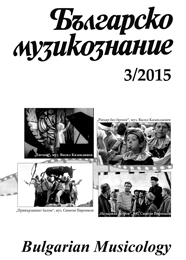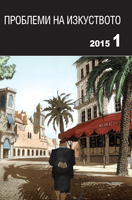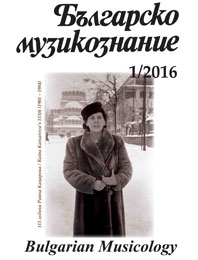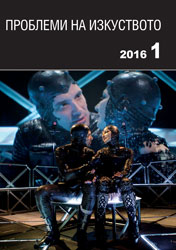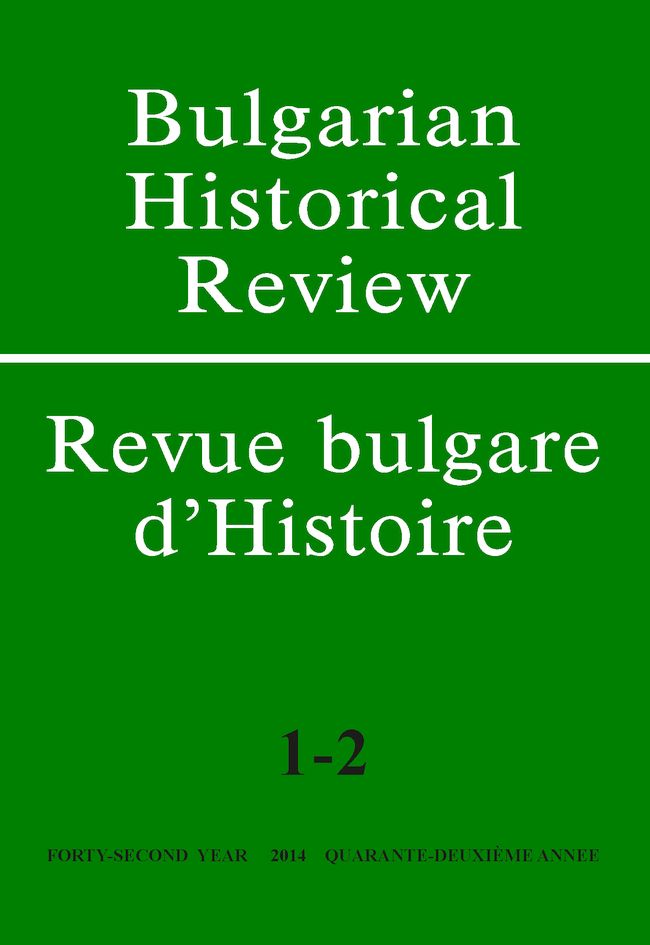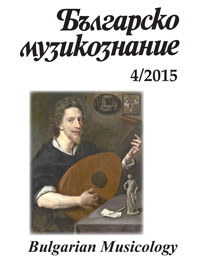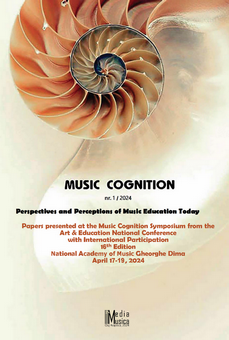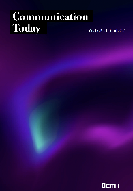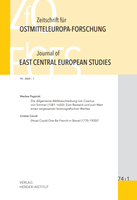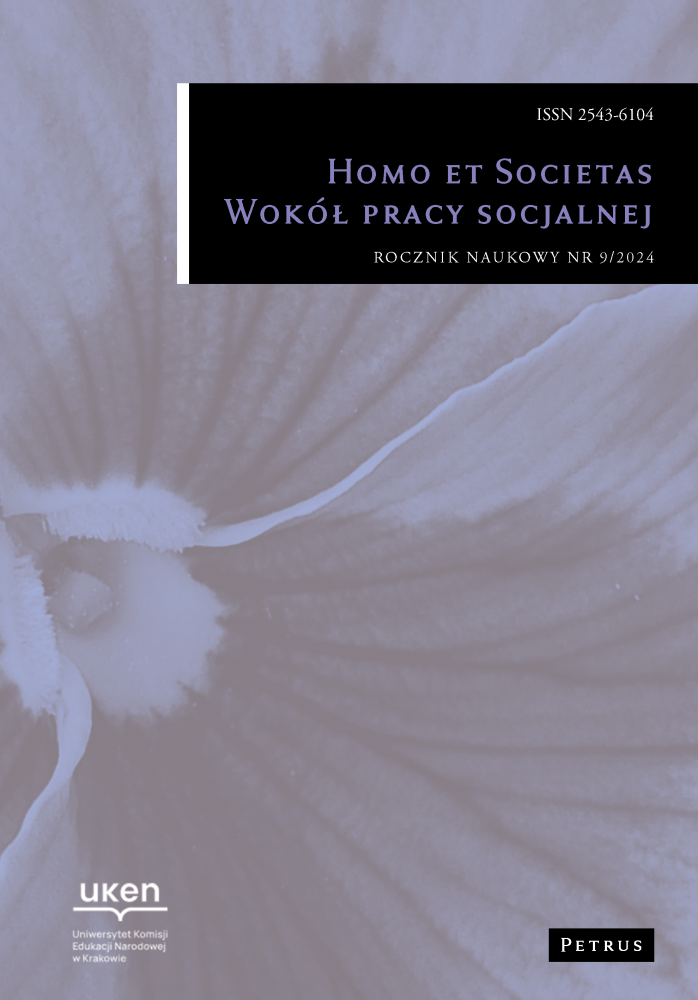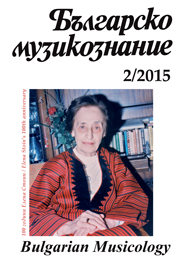
Един живот не стига за обичта към пеещия български народ – разговор с Елена Стоин
The article presents an interview with Elena Stoin (1915 – 2012) conducted on 4 June 2007 at her home in Sofia, at 21 Ivan Vazov Str. The authors have opted for this form of an open-ended conversation so that to allow for figuring out the human dimensions to great personalities and historical events Elena Stoin has got in touch with: intimate pictures of her family life and her career, her personal experience of a researcher and song collector. At the time of the interview Elena Stoin was 92, sharp-witted, with fast reactions and as lively as ever after two hours of conversing. The conversation broaches issues related both to the history of Bulgarian folk studies and the personality of Elena Stoin, her father Vasil Stoin and their milieu. The subheadings in the interview give an idea of the content of the conversation: the family, her career at the institute, My Father in Me, Vasil Stoin and his willpower, folk song classification, folk musical dialects, Elena Stoin’s book of the same title, her favourite poets and artists, fieldwork and affection for the singing Bulgarian people, sound recording technology, her childhood memories, international contacts with renowned researchers and composers, male polyphonic singing, Raina Katsarova, Philip Koutev, radio and financing of the work of a folk song collector, stage and media formatting of folk music, Mita Stoicheva and other popular folk singers, the new schools and the vanishing old voices, politics, Gypsies, applied ethnomusicology... Elena Stoin’s word of mouth, recorded in the interview, presents a meeting with a unique eyewitness of the academic life in three ages of modern Bulgaria and the conversation conducted by the participants in it provides a document of the dialogue between different generations in Bulgarian folk studies.
More...
